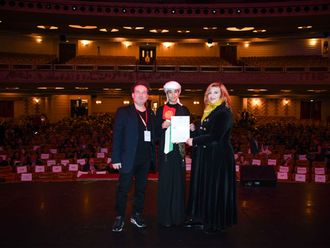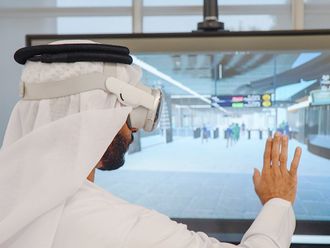The parish priest of Basilan dropped a bombshell yesterday, telling senior American officials involved in ongoing military exercises that the dreaded Abu Sayyaf rebels and the military in the southern command were known to be in collusion with each other.
But the television report, which made the announcement, did not reveal who the priest, Cirilo Nacorda, had spoken to.
A military man, however, when asked to respond to Nacorda's revelations, said: "We are happy this thing is coming out."
In an investigation earlier at the lower house of Congress, Nacorda said the military had allowed Abu Sayyaf leaders to escape with their hostages to Lamitan immediately after they had docked at Basilan on June 1, 2001 with hostages from a posh resort in Palawan.
The investigation – still unfinished – centres around the collusion between the Abu Sayyaf and high-ranking military officials.
Armed Forces Chief of Staff Gen. Diomedio Villanueva and Defence Chief Angelo Reyes, formerly served as head of southern command in Zamboanga City, when the Abu Sayyaf launched a kidnap-for ransom spree in 2000.
Sources said those who sent ransom payment for the Abu Sayyaf had to pay an 'entrance and exit fee' to several military and policemen along the way.
There was a time when negotiator Roberto Aventajado (during the time of former president Joseph Estrada) was accused of asking Abu Sayyaf leader Ghalib Andang to increase his ransom demand for the release of some 40 mostly foreign hostages taken separately from Malaysia in April, 2000, and from Jolo, from July to August the same year.
Congress has not yet concluded its investigation, because it has been overtaken by events, after President Gloria Arroyo asked the U.S. for assistance in beating the Abu Sayyaf problem.
Analysts said that if the Abu Sayyaf-military collusion is proved, it could have devastating consequences because the Philippine military will stand accused of aiding and abetting, and earning from terrorists.
Meanwhile, Presidential spokesperson Rigoberto Tiglao allayed fears that the generals are not united because there is rivalry to get the Abu Sayyaf hostages, adding that southern command chief, Lt Gen. Roy Cimatu has remained in Basilan to "ensure a unified command in the area".
Cimatu "has been well aware of such a risk", said Tiglao, who, in a sense, admitted the New York Times report that rescuers are competing and not cooperating in the ongoing rescue operations in Basilan.
Tiglao said the rescuers have seen the Burnhams with the use of surveillance equipment of U.S. forces.
"They have learned to have a very coherent and organised plan," said Tiglao, but did not explain why it took the soldiers eight months to develop such a plan.
There are 5,000 Philippine Army, Marine and Scout Rangers on Basilan island, and 160 (of the 660) American soldiers who are pursuing an estimated 70 to 80 Abu Sayyaf members.
Priest tells Americans of rebel-military link
The parish priest of Basilan dropped a bombshell yesterday, telling senior American officials involved in ongoing military exercises that the dreaded Abu Sayyaf rebels and the military in the southern command were known to be in collusion with each other.












